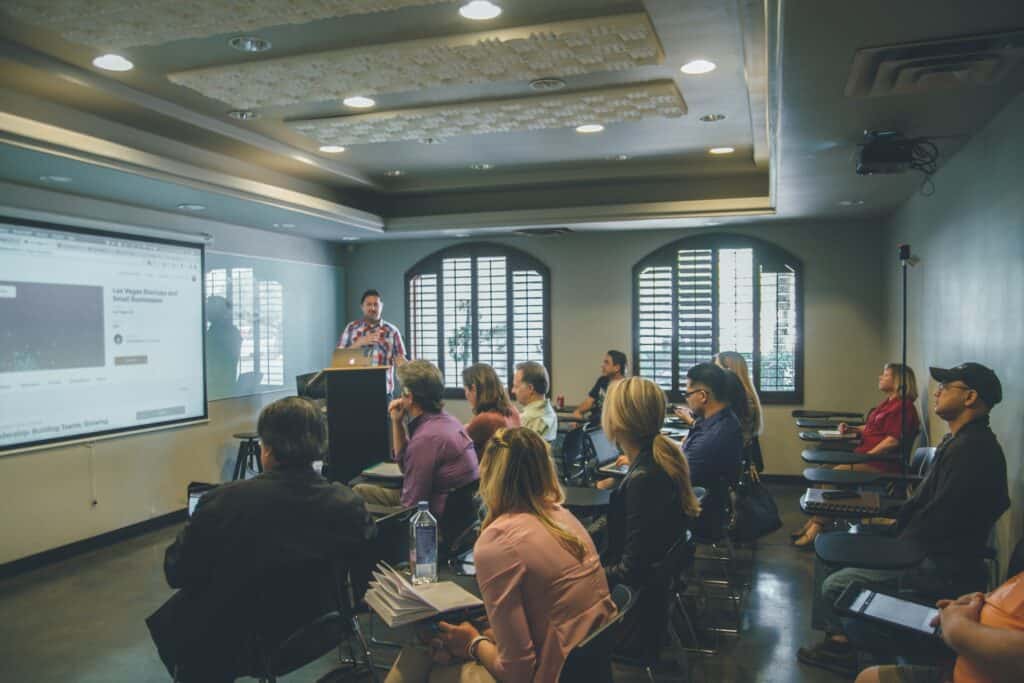Studying is an essential part of the learning process, but it can be challenging to retain information effectively. To maximize learning outcomes and long-term retention, it’s crucial to employ effective study techniques. In this article, we will explore practical study hacks that can be applied by students of all ages and levels of education, helping you improve your learning and retention abilities.

Understanding Learning Styles
Each individual has a unique learning style, and identifying your preferred style can significantly enhance your study sessions. Visual learners benefit from charts, diagrams, and visual aids, while auditory learners grasp information through listening and discussing. Kinesthetic learners learn best through hands-on activities and movement. Tailoring your study techniques to your studying style can optimize your learning experience.
Effective Time Management
Proper time management is essential for productive studying. Create a study schedule that aligns with your priorities and goals. Break your study sessions into shorter, focused blocks of time to maintain concentration and prevent burnout. Set realistic goals for each study session to stay motivated and track your progress effectively.

Active Reading and Note-Taking
Passive reading can hinder information retention. Engage in active reading by previewing the material, highlighting key points, and summarizing information in your own words. Effective note-taking techniques, such as Cornell notes, mind mapping, and annotation, help you organize and review study materials later.
Utilizing Technology and Study Tools
Take advantage of technology and study tools to supplement your learning. Educational apps, online tutorials, and virtual flashcards can provide interactive and engaging study experiences. However, be mindful of minimizing distractions and using technology as a tool for productivity rather than a source of interruption. Explore different study apps and tools to find ones that align with your study needs.
Memory Techniques and Mnemonics
Memory techniques and mnemonics can be powerful tools for improving memory and recall. Visualization involves creating vivid mental images to remember information. Acronyms and acrostics help you remember sequences or lists. The method of loci uses spatial visualization to associate information with specific locations. Regular review and practice reinforce memory retention. Experiment with different memory techniques and find the ones that work best for you.
Effective Study Environment
The study environment plays a crucial role in concentration and productivity. Find a quiet space free from distractions where you can focus on your studies. Optimize lighting and ergonomics to reduce strain and enhance comfort. Incorporate short study breaks and physical activity to maintain mental alertness. Personalize your study environment to suit your preferences, whether it’s having background music or using aromatherapy to create a conducive atmosphere.
Collaborative Learning and Teaching Others
Collaborative studying and teaching others can deepen your understanding and improve retention. Engage in group study sessions where you can discuss concepts, exchange ideas, and clarify doubts. Teaching others not only reinforces your knowledge but also helps you gain a deeper understanding of the subject matter. Create study groups with classmates or join online study communities to foster collaborative learning.
Practice Retrieval and Spaced Repetition
Practice retrieval is the act of recalling information from memory, actively engaging your brain in retrieving and reinforcing what you have learned. Spaced repetition involves reviewing material at intervals over time, gradually increasing the duration between each review session. These techniques promote long-term retention by strengthening neural connections and reinforcing memory.
Healthy Habits and Well-being
Maintaining a healthy lifestyle is crucial for optimal learning and retention. Get sufficient sleep to allow your brain to process and consolidate information. Eat a balanced diet that includes brain-boosting foods such as fruits, vegetables, and omega-3 fatty acids. Engage in regular physical exercise to promote overall well-being and enhance cognitive function. Manage stress through relaxation techniques, such as meditation or deep breathing exercises.
Continuous Learning and Curiosity
Develop a growth mindset and foster a love for learning. Cultivate curiosity and a desire to explore new topics beyond your immediate academic requirements. Engage in lifelong learning by seeking out new knowledge and expanding your intellectual horizons. Embrace challenges and setbacks as opportunities for growth and improvement.
Conclusion
By implementing these study hacks, you can enhance your learning and retention abilities. Remember to tailor your techniques to your learning style, manage your time effectively, actively engage in reading and note-taking, leverage technology and study tools, employ memory techniques, create an optimal study environment, embrace collaborative learning, practice retrieval, and spaced repetition, prioritize your well-being, and foster a mindset of continuous learning. Through consistent practice and adaptation to your individual needs, you can achieve academic success and maximize your learning potential. Keep exploring and experimenting with different study methods to find what works best for you. Happy studying!




GIPHY App Key not set. Please check settings